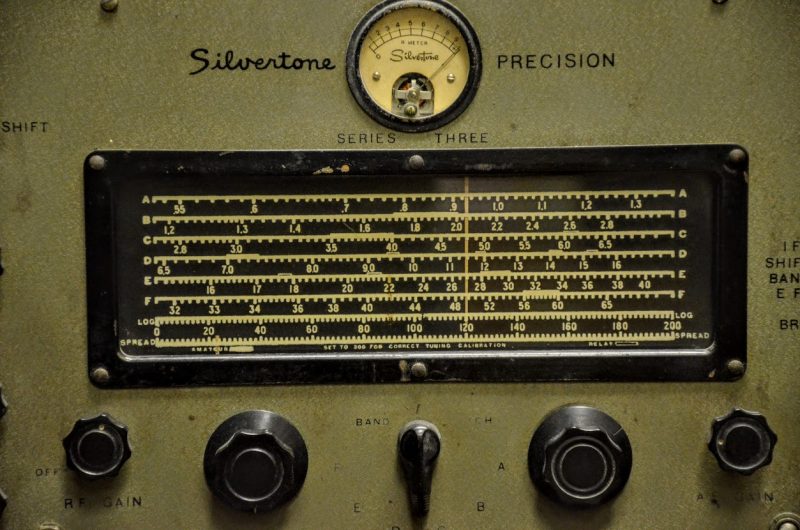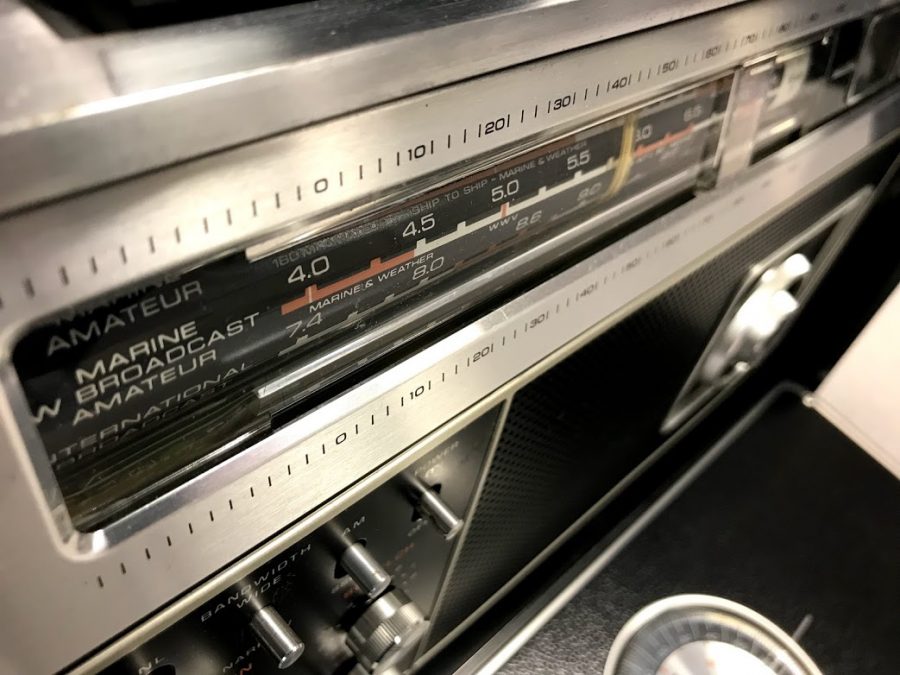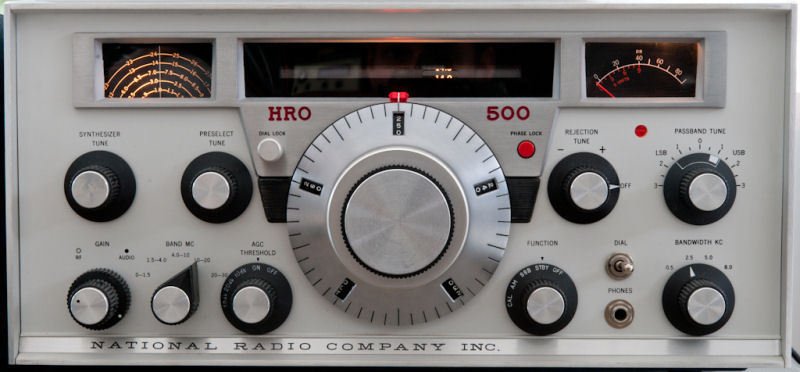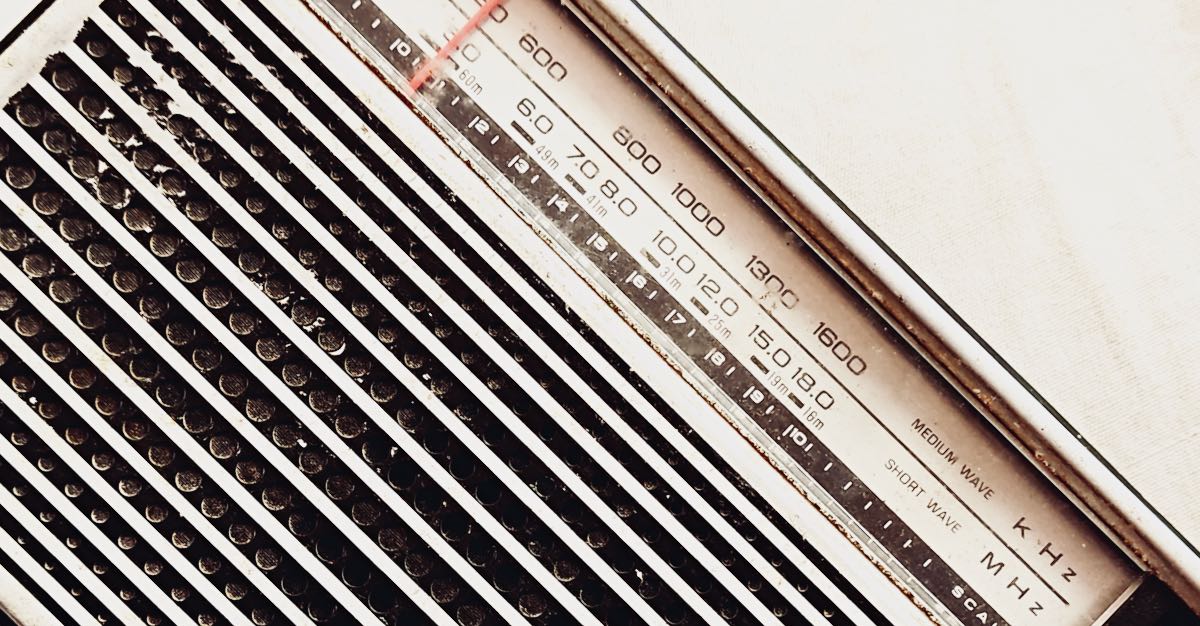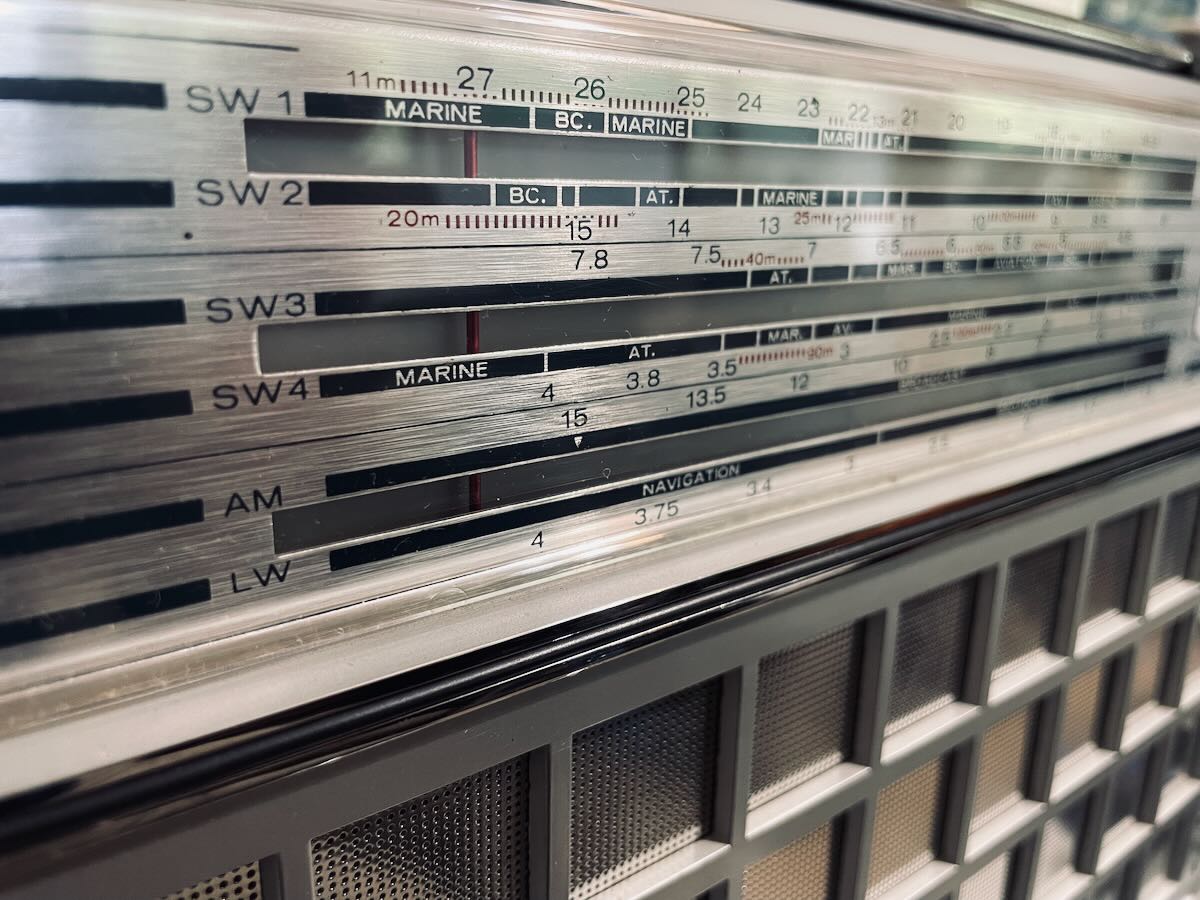Radio Waves: Stories Making Waves in the World of Radio
Welcome to the SWLing Post’s Radio Waves, a collection of links to interesting stories making waves in the world of radio. Enjoy!
Many thanks to SWLing Post contributors Dennis Dura and Mangosman for the following tips:
Swiss Private Radio Station Broadcasts DRM To Brazil (DRM Consortium)
The next DRM shortwave broadcast of DRM Swiss supporter C.M. Obrecht is scheduled for August 11th UTC 2300 on 12030 kHz. The transmitter (100kW) site is Ascension Island in the Atlantic Ocean (245 degrees) and the broadcast will be carried out by Encompass Media Services with the main target of Brazil. This is the first time that the original music of Mr Obrecht will be beamed out of Ascension. Other similar transmissions of our Swiss supporter reached parts of Asia going as far as Australia, though the broadcasts were originating in the UK and not Ascension.
Commercial radio’s billion dollar boost to Australian economy (RadioInfo Australia)
With commercial radio in Australia turning 100, a new report has shown the industry contributes $1 billion to the nation’s annual GDP, which includes a $320 million boost to regional Australia.
The “Connecting Communities: The Economic and Social Contribution of Commercial Radio and Audio in Australia” report was commissioned by industry body Commercial Radio & Audio and produced by Deloitte Access Economics.
The study found commercial radio stations broadcast 1.1 million hours of Australian content, 2.7 million Australian songs, 42,000 hours of news and 2,200 hours of emergency service content in 2022.
The industry also supports 6,600 full-time equivalent jobs with 38% located in regional Australia.
CRA CEO Ford Ennals said:
“The Connecting Communities report is the first time in 100 years of broadcasting that we have evaluated the economic contribution of radio and its role in delivering trusted, local content to listeners all over the country. These figures show how important it is to have a sustainable Australian radio industry that delivers great audio content free of charge to everyone, everywhere.”
Seventeen million Australians listen to commercial radio. 74% believe radio and audio build a sense of community. $82 million in charitable contributions were made through donations and airtime in 2022. It also plays a key role in music discovery.
Read more at: https://radioinfo.com.au/news/commercial-radios-billion-dollar-boost-to-australian-economy/ © RadioInfo Australia
FCC Advances FM HD Power Proposal (Radio World)
NAB and Xperi have argued that the current formula is too conservative
Editor’s note: This story has been updated to include a statement from the National Association of Broadcasters.
A rule change that would allow more U.S. FM stations to increase HD Radio power is closer to reality.
The Federal Communications Commission has adopted a notice of proposed rulemaking that we told you about earlier, doing so a couple of days before its August monthly meeting. The action does not give final approval of the changes but indicates tentative approval and asks for public comment.
“Broadcasters and consumers increasingly prefer digital FM radio because it delivers better sound quality than traditional analog FM service,” the commission stated in its announcement.
“Currently, over 2,000 FM stations broadcast digitally, providing listeners with enhanced sound quality, song information and other data through their FM broadcast radio signals. The NPRM seeks comment on two proposals and asks whether these changes will benefit the public or impact existing FM services.” [Continue reading…]
Pakistan Breaks Ground on Massive DRM Project (Radio World)
The new 1,000 kW transmitter will reach from Eastern Europe to the Far East, as well as across South Asia
Pakistan’s national broadcaster broke ground July 30, 2023, on a new transmission facility that will extend its reach from the Mediterranean to the Pacific.
The modernization project marks a significant milestone for Radio Pakistan, including adding capabilities to broadcast in the Digital Radio Mondiale digital radio standard.
The project centers on a new 1,000 kW DRM transmitter being installed at the Radio Pakistan high-power transmission complex in Rawat, near the capital Islamabad. The new facility is expected to cost 4 billion rupees (nearly US$14 million) and is set to be completed in 2025.
Federal Minister for Information and Broadcasting Marriyum Aurangzeb oversaw the groundbreaking, noting that the project will extend Radio Pakistan’s reach to 52 nations across South Asia, Central Asia, the Far East, Middle East, and into Eastern Europe. [Continue reading…]
Do you enjoy the SWLing Post?
Please consider supporting us via Patreon or our Coffee Fund!
Your support makes articles like this one possible. Thank you!



